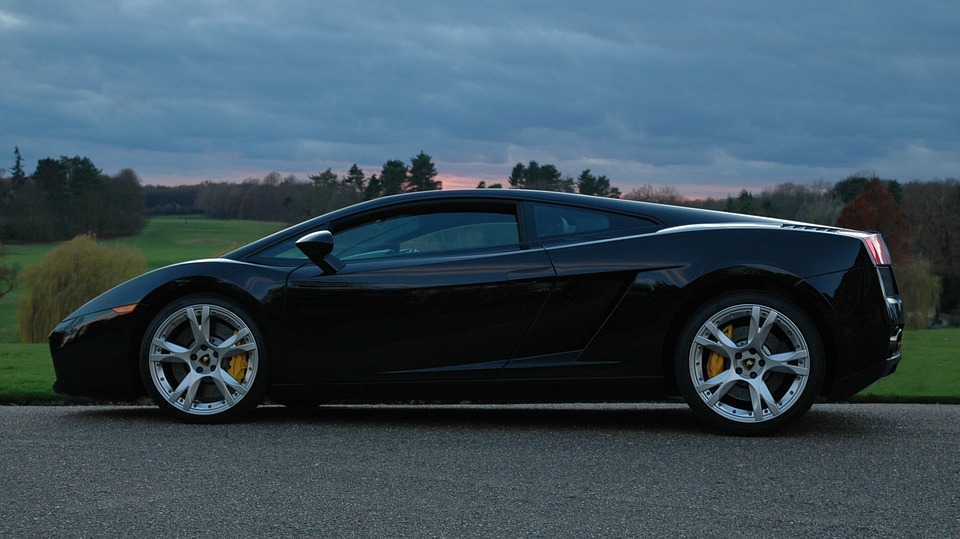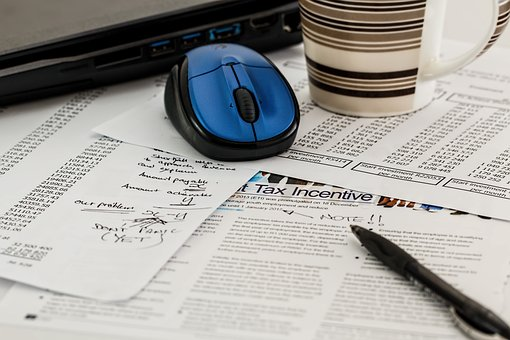Top 1% get richer by $150k per minute
Luke Williams
30 January 2023, 8:40 PM
 Sharing the wealth around is not as straight forward as you might think.
Sharing the wealth around is not as straight forward as you might think.The top one per cent (1%) of Australian income earners have accumulated ten (10) times more wealth than the bottom 50% in the past decade according to new analysis by Oxfam Australia.
The analysis also found that this 1% are now 61% richer than they were pre-pandemic and pocketed on average $150,000 a minute over past the 10 years.
Oxfam’s analysis was released on Monday 23 January along with the global report on wealth disparity that it calls “Survival of the Richest”, which was launched to coincide with this year’s World Economic Forum in Davos, Switzerland.
Oxfam's claims reflects a report released last year by UNSW Sydney and Australian Council of Social Services (ACOSS) Poverty and Inequality Partnership confirming that even though Australians are now, on average, the fourth richest people in the world, the distribution of our wealth remains hugely unequal.
The ACOSS and UNSW report found that, in Australia, 'both income and wealth inequality are rising with wealthier households benefitting disproportionately from economic growth.'
'Between 2004 – 2014, incomes for the wealthiest 20 per cent of households grew by more than 40 per cent, while income for the poorest 20 per cent of households only grew by about 25 per cent.'
While ABS Figures show that income inequality - as opposed to wealth inequality - has fallen slightly in recent years, OECD figures indicate at 58% of the overall population the size of the Australian middle class is smaller than the OECD average.
The Western Plains App also asked the Tax Institute, an independent member-based association of tax professionals in Australia, about the state of inequality in the nation.
They told us that “Looking at wealth transfer estimates over the next two decades, it’s undeniable that there is significant wealth inequality in Australia. And with an aging population, it’s likely that wealth is going to become more and more concentrated as time goes on.”
What does this mean for rural and regional Australia?
According to the National Rural Health Alliance, people living in rural and remote Australia experience higher rates of poverty than those who live in metropolitan areas.
It also says Aboriginal and Torres Strait Islander people, of whom around 65 per cent live outside the major cities, are disproportionately affected by poverty.
But this isn't the same thing as the wealth inequality being described by Oxfam.
Dr Kim Houghton, the co-CEO of the Regional Australia Institute told the Western Plains App “inequality is less pronounced in rural and regional areas, as you tend not to have the very rich living alongside the very poor”.
However, Dr Houghton agrees inequality is still a major issue for people living in rural and remote areas like ours.
While Phil Donnan North-West Regional Director from St Vincent De Pau told us that inequality was increasing across the region and the big driver was a lack of affordable housing.

Not your average country car. Image: Pixabay
Call for Tax Reform
Oxfam Australia’s director of programs, Anthea Spinks, said the government needed to “address the broken system that perpetuates inequality and poverty in Australia and beyond.”
Oxfam says a wealth tax of just 2% on the country’s millionaires with wealth over $7million, 3% for those with wealth over $67million, and a 5% tax on billionaires would raise $29.1billion each year.
Oxfam is calling for Morrison-era “stage three” tax cuts to be cut and replaced with “taxation of the super-rich.”
Under the stage three tax cuts, the 37% tax bracket would cease while the 32.5% bracket would drop to 30%.
“There is merit in exploring the idea of a wealth tax, or a wealth transfer or inheritance tax," said Julie Abdalla, Tax Counsel with the Taxation Institute.H
"However, historically there has been resistance to these ideas in Australia.
"A wealth tax on billionaires is one option for increasing revenue collection that we should have on the table for discussion and debate, but it doesn’t of itself resolve issues of wealth inequality or alleviate our unsustainable reliance on personal income tax”.
Ms Adballa said a wealth tax on billionaires is a” very limited policy proposition and the broader debate around wealth inequality needs to be more thoroughly investigated and explored”.

Image: Pixabay.
“There is no single ‘silver bullet’ that solves income and wealth inequality,” she said. “More realistically, we need to be looking at a system-wide overhaul, with meaningful and holistic tax reform"
Dr Houghton from the Regional Australia Institute says that increasing taxes on the richest isn’t as effective as it might appear at first instance because there are so few in these tax brackets that it doesn't result in much revenue.
“Also that kind of income tax reform doesn't take into account what is driving inequality in regional Australia - and that is the 42% jump in regional housing prices.
"So it's not really incomes that need to be addressed but what Governments need to do is ensure more people have assets, and make sure in particular more people have access to housing," Dr Houghton said.
"The other thing we can do is concentrate, particularly with the skill shortage, on making sure more people in regional areas have more skills, particularly getting more people in remote areas to have high skills and that would go along way to reduce inequality.”
Donnan from St Vincent De Paul agreed.
“The best way to deal with inequality in our region is to address the housing problem,” he told the Western Plains App. “Governments need to urgently to start investing so people have access to basic housing needs and that would go a long way to reduce economic inequality”.




